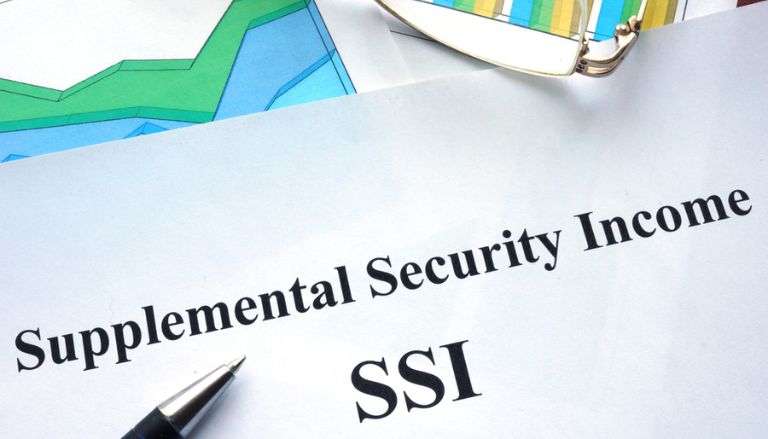Supplemental Security Income (SSI) provides financial assistance to low-income individuals who have disabilities, are over 65, or are children with special needs. The program helps eligible recipients cover basic expenses such as food, rent, medications, and other necessities.
Eligibility and Application Process
When regular income is insufficient, the Social Security Administration (SSA) encourages eligible American citizens and legal residents to apply for SSI. The program is needs-based rather than contribution-based, meaning applicants do not need to have a prior work history to qualify.
Upcoming Payment Adjustments
SSI payments are typically issued on the 1st of each month. However, if the 1st falls on a weekend, the SSA advances the payment to the closest preceding business day, usually a Friday. This will impact the upcoming March 2025 payment cycle. Since March 1st falls on a Saturday, payments will be sent on February 28th instead. Consequently, there will be no payments issued during March. The next scheduled payment will be on April 1st.
Additionally, in May 2025, two payments will be distributed: one on May 1st and another on May 30th, meaning no payments will be made in June.
COLA Adjustment: Extra Financial Support
Due to the Cost of Living Adjustment (COLA), SSI benefits have increased by 2.5% this year. The updated monthly payments are as follows:
- Single individuals: $976 per month.
- Couples filing together: $1,450 per month.
- Individuals needing assistance with basic tasks: Additional $484 per month.
Future increases may occur if inflation continues to rise, as SSA adjusts benefits based on the CPI-W index.
Factors That Could Affect Your SSI Benefits
Since SSI is intended for low-income individuals, certain changes in financial or personal status can impact eligibility:
- A sudden increase in income from sources like lottery winnings, inheritance, or salary raises.
- Marriage to someone with a higher income.
- Moving to a state with different SSI eligibility regulations.
- Health improvements that affect disability status.
- Failure to report changes in employment, scholarships, or other financial assistance.
Receiving Social Security and SSI Together
It is possible to collect both Social Security and SSI benefits but with certain limitations. SSI acts as a supplemental benefit for individuals whose Social Security income is insufficient. However, if total income exceeds SSI limits, benefits may be reduced or eliminated. The SSA also considers savings, property, and other assets when determining eligibility.
For more information or clarification, it is advisable to contact the SSA to ensure continued eligibility and avoid unexpected disruptions in benefits.






Leave a Comment